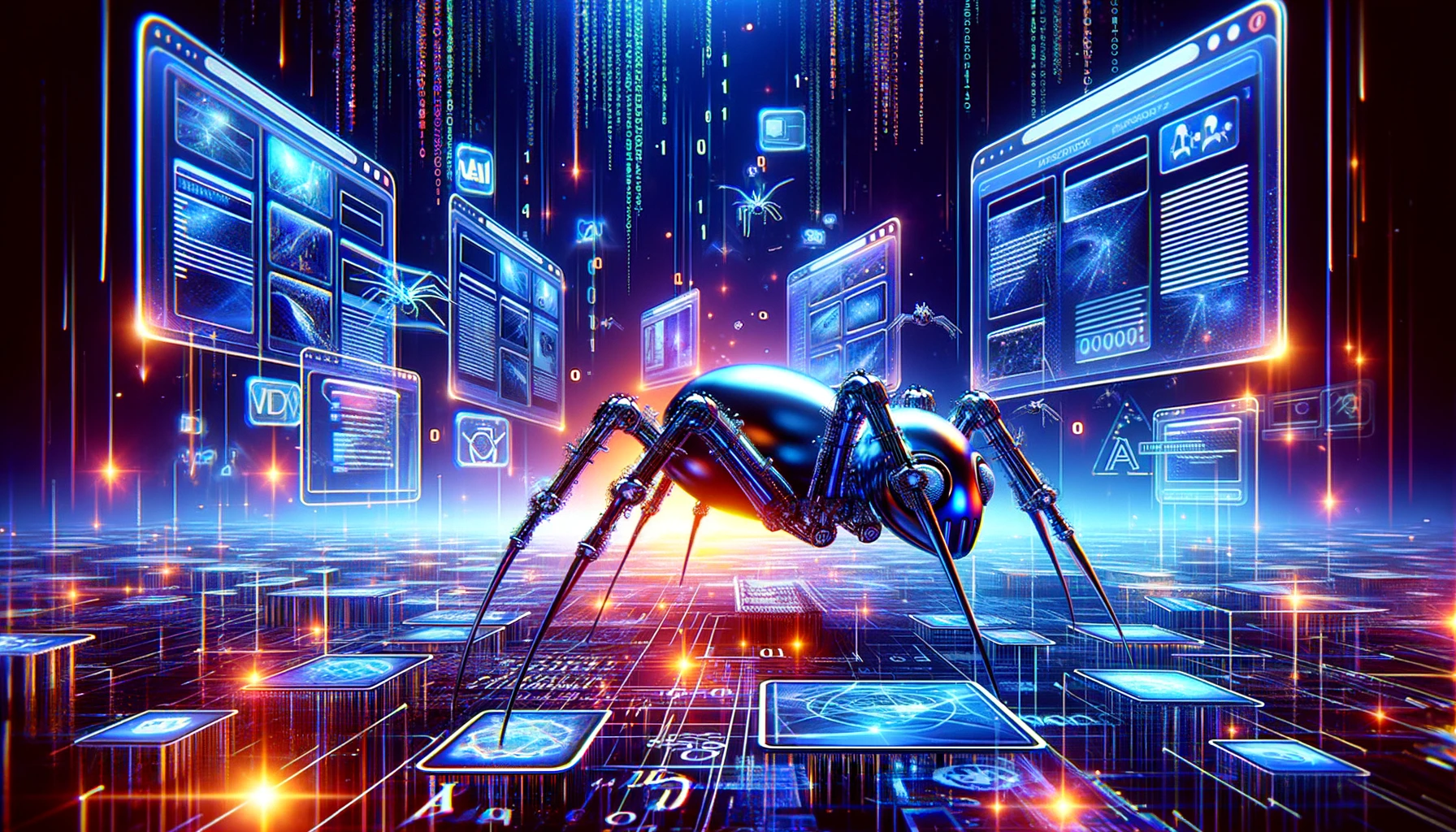
In this CHATGPT and Gemini content-scraping era, publishers are finding themselves at a crossroads, grappling with the double-edged sword of AI crawler bots. With the rise of generative AI, blogging is changing, and publishers are adjusting their strategies to either ward off these digital intruders or roll out the welcome mat. Let’s dive into the contrasting approaches of 404 Media, The Washington Post, and Politico EU, and explore how these decisions impact their digital footprint.
404 Media has taken a staunch stance against AI crawlers, effectively building a digital fortress around its content. By implementing strict bot-blocking measures and a registration wall, 404 Media aims to safeguard its original articles from the prying eyes of AI, ensuring that only human readers can access their valuable insights. This defensive strategy underscores a commitment to content exclusivity and control, but it’s not without its challenges.
The Washington Post navigates the AI crawler conundrum with a nuanced strategy, cherry-picking which bots can crawl its site. This selective openness aims to preserve SEO rankings while protecting valuable content behind paywalls. It’s a delicate balance between trying to rank online and walling yourself from GPTbots.
Politico EU adopts an inclusive stance towards AI crawlers, betting on openness to boost brand visibility and reach. By making its content readily available to AI, Politico EU aims to capitalize on the expansive reach of AI-driven platforms, positioning itself as a primary source of political news for both humans and machines.
User-agent: GPTBot
Disallow: /
User-agent: Google-Extended
Disallow: /
Some others as well:
User-Agent: omgili
Disallow: /
User-Agent: omgilibot
Disallow: /
Related Read: GPT Bot Guide
The line between voluntary contribution and involuntary use becomes blurred when it comes to training AI. While some creators knowingly contribute to AI projects, believing in the potential benefits of technology advancement, many are unaware that their intellectual property is being used to train AI without explicit consent or compensation.
Often, the permission to use this data for training AI is buried within the terms of service or user agreements of various platforms. Users and creators, by agreeing to these terms, may unknowingly grant companies the right to use their content for improving AI algorithms, effectively contributing to AI training for free.

The development and training of AI models require substantial computational resources and vast datasets. Tech companies argue that the collective nature of these datasets makes individual compensation impractical. Furthermore, the economic model of many AI ventures relies on minimizing costs, including the cost of acquiring data, which often sidelines the idea of compensating individual creators.
Identifying and compensating individual creators for their contributions to AI training datasets is a logistical and technological challenge. Given the massive scale of data ingestion by AI models, tracing content back to its original creator and determining the value of each contribution is daunting, if not impossible, with current systems.
The legality of using creators’ content to train AI without compensation sits at the intersection of intellectual property rights and the fair use doctrine. While creators hold copyright to their original content, AI companies often argue that their use of this content for training purposes falls under fair use, a legal doctrine allowing limited use of copyrighted material without permission for purposes such as research, teaching, or scholarship.
The legal framework surrounding AI and copyright is evolving. In various jurisdictions, lawsuits and regulatory proposals are beginning to challenge the status quo, seeking clearer guidelines and protections for creators. These legal battles and potential regulatory changes could reshape how AI companies access and use data for training purposes, possibly leading to more explicit consent mechanisms and compensation models.
As AI continues to evolve, the dialogue between creators, tech companies, and legislators will be crucial in shaping a fair and equitable ecosystem. Balancing the need for innovation with the rights of creators requires thoughtful regulation, transparent practices, and perhaps new models for compensation that recognize the value of contributions to the digital commons. The future of AI development hinges on finding a harmonious solution that respects both the creators’ rights and the potential benefits of AI for society.
Protect your content now by getting started here!
THE UPS AND DOWNS OF CHATGPT FOR PUBLISHERS
How ChatGPT impacts Bot Traffic
Protect your content from AI Scraping

With over ten years at the forefront of programmatic advertising, Aleesha Jacob is a renowned Ad-Tech expert, blending innovative strategies with cutting-edge technology. Her insights have reshaped programmatic advertising, leading to groundbreaking campaigns and 10X ROI increases for publishers and global brands. She believes in setting new standards in dynamic ad targeting and optimization.
10X your ad revenue with our award-winning solutions.